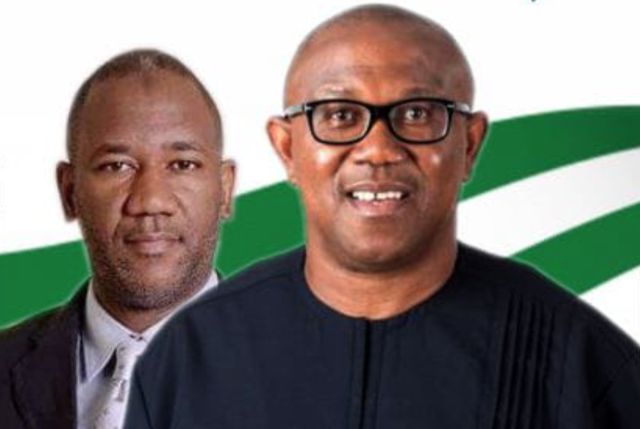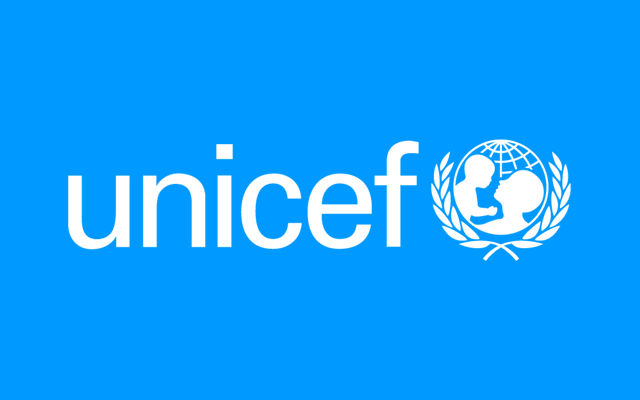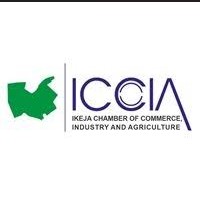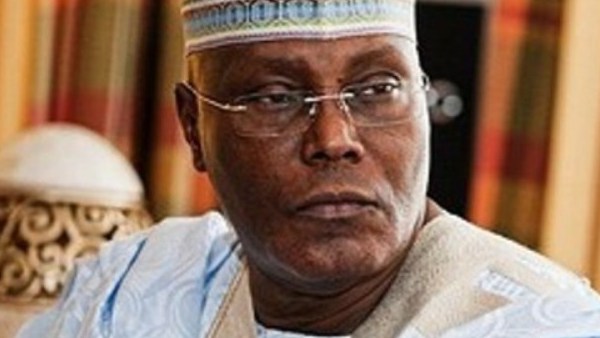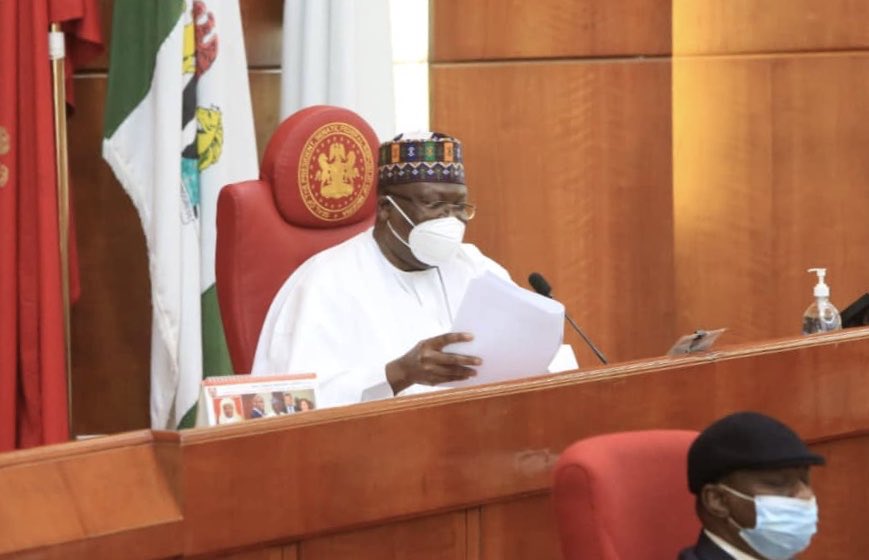Poverty is often presented as statistics. But what the Yusufu Bala Usman Institute did on September 21, 2022 was to produce a book, The Face of Poverty in Nigeria, which focused on the faces behind the statistics.
As one of the reviewers, I summarised the Nigerian situation thus: If you are poor in thinking, you are poor. If others think for you, you are poor. If you follow other people’s culture, you are poor. If foreigners decide your beliefs, you are poor. If others decide your economic policies and programmes, you cannot but be dirt poor.
My argument is that poverty, which is the severe deprivation of a person resulting in his inability to meet the basic needs of life, manifests in various ways, situations and circumstances.
In unveiling the actual faces of the victims, the publication reminds us that Nigeria is nesting on top of a volcano. If, like the research reveals: “Over 90 million people in Nigeria, (or) nearly 50 per cent of its population, are living in poverty”, then the volcano on which we sit, cannot but be an active one. That figure of over 90 million Nigerians in poverty, is the combined population of over 15 European countries, including Switzerland, Bulgaria, Norway, Denmark, Finland, Slovakia and Ireland.
The poverty statistics is far grimmer if we realise that the book adopts as poor, anyone earning less than N377 per day rather than the World Bank’s $2.15 per day.
Employment in a capitalist society, in many cases, determines whether a person lives in poverty or not. The Report states that 13.1 million are unemployed, while 11.3 million are underemployed. In a sense, this 24 million Nigerians are already sentenced to purgatory. More so when there is no unemployment benefit in the country.
But even this class, has sub-classes and a gender dimension. The book states that while only 20 million of the total employed population of 46 million are women, less than a million women are in formal employment, while 95 per cent are engaged in the vagaries of the informal sector.
It identifies one of the sub-classes as the dispossessed citizens who have weak access to good-quality public goods (infrastructure) and services, and limited voice in public policy making.
If I may add, in most cases, the dispossessed have no hope in the future and some of them have an uncommon sense of duty. Let me give an example. In the suburbs of Abuja, some of them dig up portions of the tarred road, purport to be engaged in community service by partially filling the resultant potholes with sand and then ask motorists who are forced to slow down at such places to give them alms to ‘appreciate’ their efforts at road repair.
Yet, the rural poor tend to be in a worse condition. The publication indicates that 52.1 per cent of rural dwellers are poor compared to 18.04 per cent of urban dwellers.
My conclusion is that there is worse poverty in the rural areas because the ruling elites concentrate infrastructure like health centres, schools and roads in the urban centres and the minimum living level, is lower in the rural areas.
There is also a regional dimension. The book states that nine of the 10 poorest states in the country are in the North. Some of the reasons it advanced for this situation include terrorism, banditry, kidnapping, and pastoralists and herders’ violence. But I think to this should be added the issue of Western education; the pattern is: the less educated a place is, the greater the level of poverty.
The region is also negatively impacted by desertification as 50-75 per cent of 10 of the 19 Northern states may be experiencing desertification.
Employment is central in combating poverty. However, I must point out that employment is not an automatic gate pass out of poverty. First, wages can be very low, which is a main reason why lecturers have shut down the public universities in the country for over seven months. The second is non-payment of salaries.
Mass retrenchment is identified as one of the worst things that can happen to workers because it translates to automatic stoppage of wages and drop in living standards. This is exacerbated by the privatisation of public-owned companies.
The book also highlights the challenges faced by the pensioner as going on pension is like being sentenced to economic death. Given this reality, it is not uncommon for workers to doctor their ages in order to remain in employment for as long as possible or until death do them part.
The research concluded that those in wage employment experience severe shock when their income is suddenly cut off, whether“by retirement, illness, or retrenchment. Its findings are that there is so much poverty in the country mainly due to the neo-liberal economic policies which includes reduction in social spending on programmes like healthcare, education, privatisation and mass retrenchment.
These, it reports, results in lack of mass access to basic needs like electricity to which only 22 per cent of the poorest households have access; education with 10.5 million children out of school, healthcare with a 1.95 to 1,000 ratio of nurses, midwives and doctors, to patients. There are also issues of population control.
The book concludes that the poverty-inducing policies of the Western internal financial institutions are a major cause of mass poverty in Nigeria.
There are, of course, the added challenges of currency devaluation, primitive accumulation, and the very logic of the capitalist system which is based on exploitation.
A very important contribution of the book is how irrigation can be a primary way to increase the incomes of farmers and pastoralists, and additionally, reduce their clashes.
In some instances, the 189-page book leaves gaps which may give room for some conclusions as to motives. For instance, in many cases of land grab, while the herders were extensively interviewed, the farmers living in the same locality, were not interviewed. I think the researchers need to interview both, or all sides of an issue, and not accept a given narrative as nothing but the truth.
The book, including its suggestions on alternative economic policies, checking land grabbing, adopting irrigation and placing humans in the centre of statistics, is a very important addition to the study of poverty in Nigeria. I would also suggest some background research on poverty in pre-colonial and colonial times. For example, was homelessness possible or rampant before colonialism? Except for such challenges as climate and ecological challenges, was food self-sufficiency an issue before the imposition of cash crops?
The book, supported by the Rosa Luxemburg Foundation, is structured and written in simple language that can be understood by the average newspaper reader. So, I submit that in terms of communication, it succeeds.
